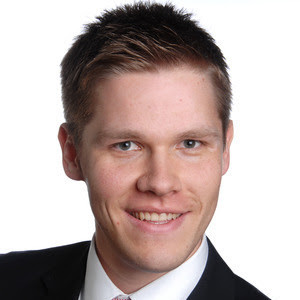Hi all,
How can one achieve more depth in case interviews? Especially in the initial framework, but also in the following discussion?
Are there any mindsets or techniques that can help?
“You quickly developed a great framework, but you could have gone a bit deeper” seems to be the main point of feedback I'm getting in my interviews (e.g., McKinsey, Kearney). This hasn't been a deal breaker so far, but I'd still like to improve on this for my final rounds.
I think I struggle to create depth firstly due to perceived time pressure, and secondly because I want to avoid the uncertainty and potential mess that comes with depth…
To take my structures a level deeper, I'm thinking about applying techniques such as
- breaking down the branch in logical components (works for e.g., cost)
- thinking in extremes to detail out a branch (e.g., moving all revenues to online channels and closing all stores vs. providing online channels as optional addition to physical stores; and everything in between)
- providing examples
- …
I'd appreciate your tips and tricks, if there are any!













